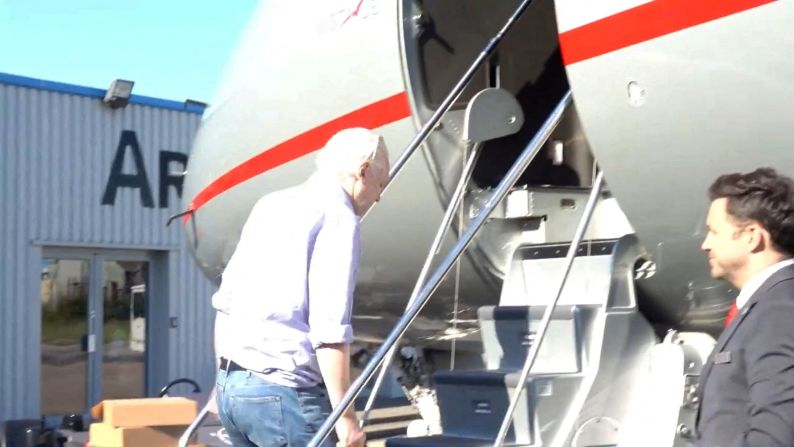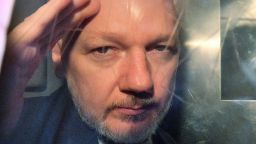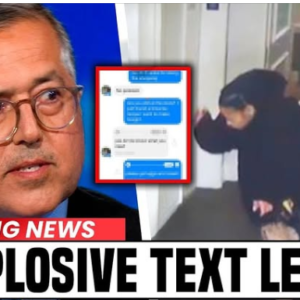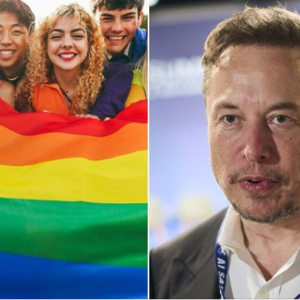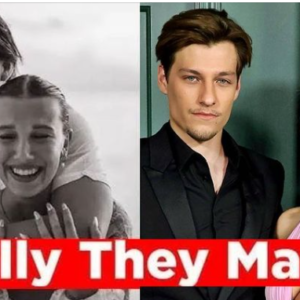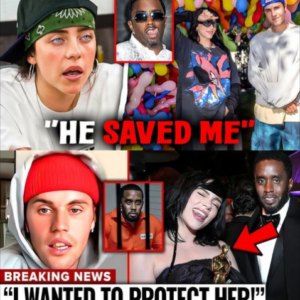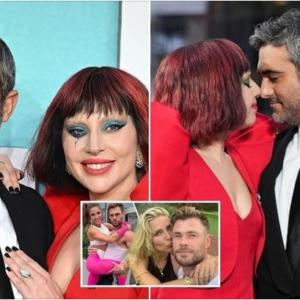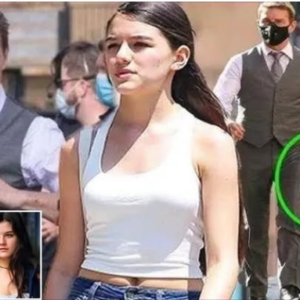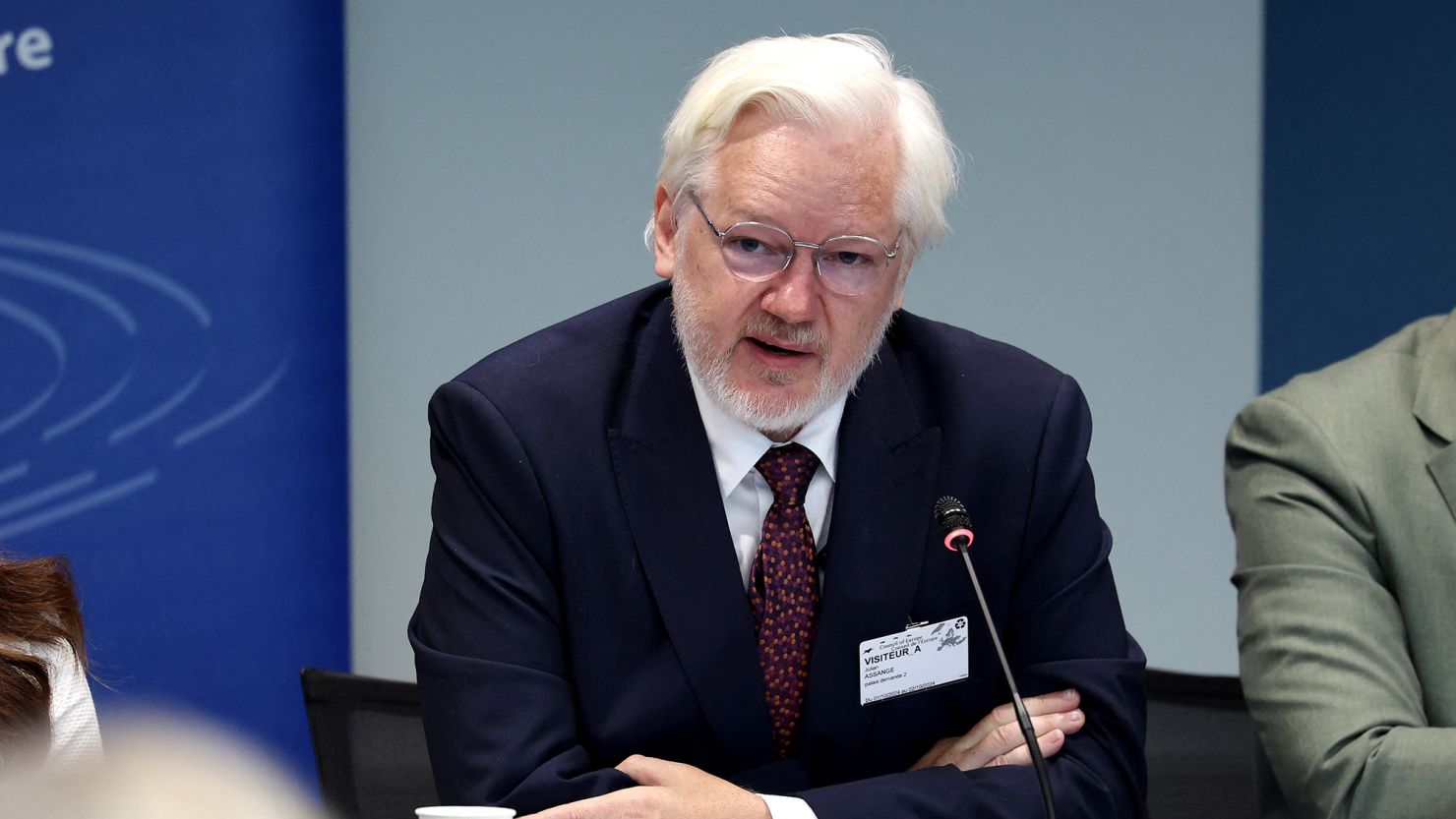
WikiLeaks founder Julian Assange has made his first public remarks since his release after he struck a deal with the United States, saying he is free because he pleaded “guilty to journalism.”
The 53-year-old on Tuesday traveled to the French city of Strasbourg to appear before the Parliamentary Assembly of the Council of Europe (PACE) and provide evidence on his detention and conviction, and on their effects on human rights.
“I want to be totally clear: I am not free today because the system worked,” Assange told lawmakers. “I am free today after years of incarceration because I pled guilty to journalism.”
He continued, “I pled guilty to seeking information from a source, I pled guilty to obtaining information from a source, and I pled guilty to informing the public what that information was. I did not plead guilty to anything else.
“I hope my testimony today can serve to highlight the weakness, the weaknesses of the existing safeguards, and to help those whose cases are less visible, but who are equally vulnerable,” he added.
Assange also warned that “the criminalization of newsgathering activities is a threat to investigative journalism everywhere.”
He explained, “I was formally convicted by a foreign power for asking, for receiving and publishing truthful information about that power while I was in Europe. The fundamental issue is simple: journalists should not be prosecuted for doing their jobs. Journalism is not a crime. It is a pillar of a free and informed society.”
Assange was released in June after agreeing to plead guilty to a single felony charge in exchange for time served. The deal was finalized in a remote US court in the Pacific before he flew on to his native Australia.
He had been locked up for five years in London’s high-security Belmarsh Prison, which he described on Tuesday as a “dungeon,” and sought refuge at the Ecuadorian embassy in the British capital for nearly seven years before that, in a bid to avoid potentially spending the rest of his life behind bars.
Before his deal with the US Justice Department, the Australian had been facing 18 criminal charges related to his organization’s dissemination of classified material and diplomatic cables, and a 175-year jail sentence.
Assange told lawmakers, “Justice, for me, is now precluded, as the US government insisted in writing into its plea agreement that I cannot file a case at the European Court of Human Rights or even a Freedom of Information Act request over what it did to me as a result of its extradition request.”
Assange, accompanied by his wife Stella and WikiLeaks editor-in-chief Kristinn Hrafnsson, was calm and softly spoken during his roughly 20-minute statement on Tuesday.
However, he did stop a number of times to clear his throat, apologizing for his faltering address as the years of isolation had “taken its toll” and while he has been trying to unpack that since his release, he said “expressing myself in this setting is a challenge.”
Assange said he was still coming to terms with his freedom, calling the sounds of electric cars “spooky” before going on to describe how adjusting to being a father and husband outside prison has been a positive but trying experience.


























